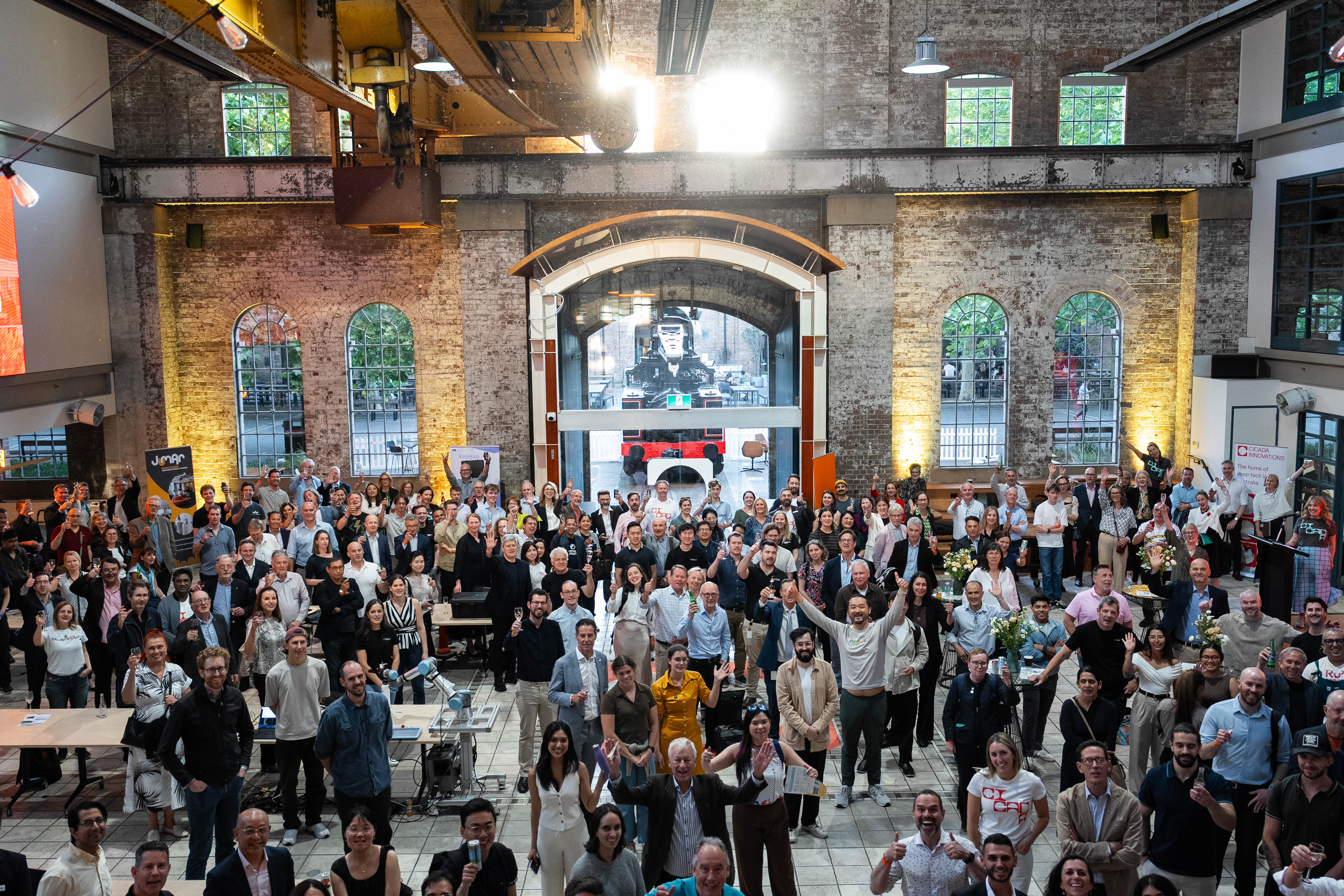Why deep tech needs more than just a desk to succeed
This article was also published by Startup Daily.
Amazon, Apple, and Google may have all started out of a garage, feeding the myth that all you need to start a successful tech company is a desk and a Wi-Fi connection.
But it’s not as simple as this for deep technology companies.
These companies produce IP-intensive, science-based innovations as they seek to solve some of the world’s most pressing problems, such as transforming agricultural and food practices to make them more sustainable, or addressing energy uncertainty.
As a result, there are a few more pieces needed in the deep tech puzzle to move from R&D to industrialisation and commercialisation.
Specialised facilities & equipment
The engineering-based nature of deep tech companies mean they often need highly specialised lab space, infrastructure, and equipment.
In the earliest years, this might be best offered in a university or research facility lab.
But once the company is ready to commercialise its findings, a dedicated incubator like Cicada Innovations can provide the specialised physical infrastructure and equipment, while also fostering scientific discovery and innovation, and providing commercialisation support – all in the one ecosystem.
This prepares a deep tech company for its inevitable exit from the incubator when it might need to progress to its own dedicated production facility.
Cicada alumnus Invertigro, for instance, has graduated from building small-scale prototypes at Cicada’s lab to setting up large-scale production facilities outside the incubator to meet the growing demand for its indoor vertical farming pallets.
It recently partnered with Woolworths to launch Australia’s first in-store vertical farm and their technology will be feeding the Sensoria Mars Mission at NASA JPL’s HiSeas Simulator in Hawaii – no small feat!
Lots and lots of (patient) capital
The hardware- and R&D-intensive nature of deep tech innovation equates to significantly greater capital requirements, and far longer runways to ROI.
VCs and other investors therefore require a longer-term, bigger-picture mindset to overcome the many years it takes to get TGA approval, or fully-functional production facilities up and running, or a cancer treatment into hospital wards, as just a few examples.
And the payoffs can be astronomical.
Take medtech company Cochlear, which listed on the ASX in 1995. If you invested $1,000 in 1995 when their share price was $2.98, your $1,000 would today be worth 66 times that amount.
If you had invested before they listed – at the same stage most of Cicada’s deep tech companies are – then your return on investment would probably have been upwards of 1,000 times.
And there are many companies today that could perform similarly over the next 10 to 20 years, especially in critical areas like climate tech. But it takes an investor who can stomach the level of patience needed.
Governments can also play a crucial role in supporting early innovation through grants and also being early procurers of the product – which I cover in the next section.
Corporate supporters & customers
Large established corporations and smaller agile technology companies can develop quite a symbiotic relationship.
Corporations can support deep tech companies by being some of the startup’s first customers and procurers, or partnering for access to data, labs and/or production lines where industrial and technical capabilities are complementary.
Some of these corporations can then go on to integrate the startup’s technologies into their own systems, creating a great amount of corporate value in the process.
As an example, Cicada incubatee and zinc-bromide battery storage innovator Gelion recently commenced industrial production of its gel-based zinc bromide battery via a strategic partnership with Battery Energy.
This partnership will help Gelion shift from startup to scaleup phase, and meet the incredibly rapidly growing demand for its safer and more sustainable alternative to lithium ion batteries.
Does this sound like you?
As you can see, deep tech startups require a complex ecosystem of infrastructure, equipment, and supporting actors, including mentors, investors, legal support, governments, corporates, universities, and incubators, to name a few.
The right environment can help to transform innovation to commercialisation, which is what we aim to offer at Cicada Innovations where we are currently looking for the next generation of deep tech startups that will transform the world.


